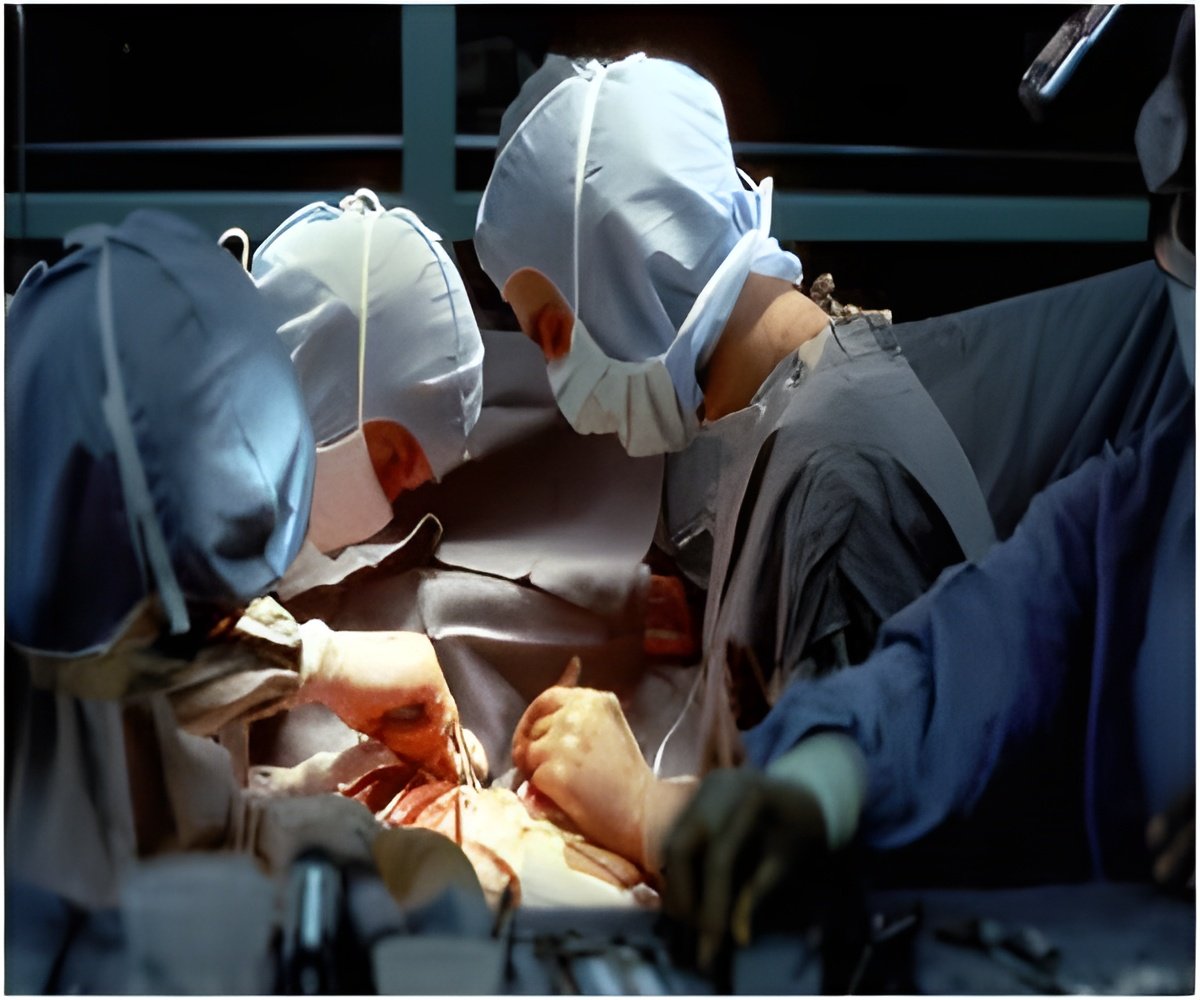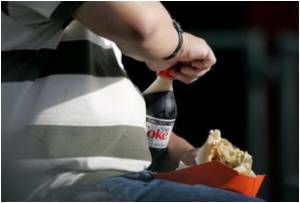
Of course, with further budget cuts expected for the healthcare industry in 2012, cost and patient compliance are two additional factors promoting the use of DEBs. Offering improved efficacy and patient safety for some indications, these products have the potential to create a niche market. In fact, preliminary clinical trial results suggest that DEBs could become the standard treatment for PVD and complex lesions in the future.
GlobalData analysts suggest that PVD, Small Vessel Disease (SVD), bifurcated lesions and In-Stent Restenosis (ISR) could represent a $2 billion untapped market. This market is set to be further boosted by the complications associated with long-term antiplatelet therapy. The risks of bleeding and contraindications limit current interventions and further the potential of DEBs in the healthcare industry.
Among the products set to contribute to the growth of the DEB market is B. Braun's product, SeQuent Please, which currently accounts for the highest number of completed and ongoing clinical trials. Bayer's PACCOCATH technology has also demonstrated success in animal models and both these products are expected to receive regulatory approval in the next two to three years.
(Source - GLOBALDATA, Londn, UK)
Source-Medindia














